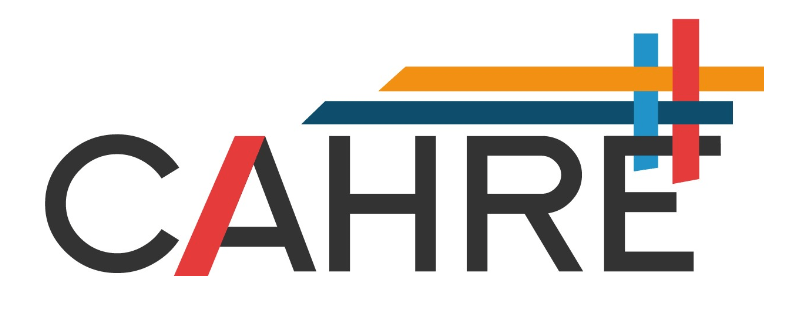The Emerging Researcher Blog Series 2022 has been a year-long initiative from our young and early stage A/EM researchers.
Ten blog posts from ten incredibly talented young people. They are at different stages of an academic career – some are currently doing their Masters, some are embarking on a PhD, some are in the midst of their doctoral work, several have worked in research projects – and getting a taste of the invigorating and revelatory as well as uncertain and sometimes, disheartening, world of academic research.
Their research covers diverse and exciting subjects – from mental health to statistics and babies to youth and older adults.
Their blogs are an excellent portrayal of their experiences of undertaking research from an A/EM perspective as well as for the A/EM communities in Aotearoa New Zealand.
The posts have been richly varied in focus but they also touch on some common themes. We highlight three that are particularly striking to us as we read them through the year.
An overarching common theme in the posts relate to the role of their personal identity which are inextricably tied to their research practice. For several, their journeys into Aotearoa New Zealand and lived experiences as migrants – still etched in their memories and which define their identities – are what has galvanized a commitment to doing research for and within their communities.
The personal narratives remind us that even among A/EM there is no one identity but rather a plethora of beingness, of ‘in-between’ness, and of intersectional positionalities both ascribed and subscribed. Through a kaleidoscope of identities comes perspectives for research that are sensitive to identify health and wellbeing concerns in often invisible societal interstices.
A/EM research is also, for these young writers, about careful and considered process, not merely commendable end results. The writers advance their own concerns with the limitations of (Euro- centered) existing theoretical framings and methodologies, and seek ways to extend and adapt these for the specific context of A/EM communities. How we count, who we count, how we identify and frame a problem, and how we bring our cultural backgrounds into each stage of research – all these matter.
Overthinking, representing, under-representing, undercounting, embracing, seeing, reflecting, working with, theorizing, humility …. These words used by the bloggers tell us what the work of research really entails, beyond what we are taught in research textbooks.
The blogs also resound with the message that, tied as it is in with identity, research is not merely a professional career, but a concern with making change and improving the lives of those they are researching on.
A second theme emerging from the blogs reflects on Te Tiriti and its role in A/EM research. There are questions about how their research impacts on Māori but more broadly on the imperatives to do decolonizing research. To be an A/EM researcher is undeniably also to act as Tangata Tiriti. These are not inherently dissimilar objectives and ‘co-existence’ is possible, our writers assert. A harmony between our obligations to Te Tiriti and to our communities is achievable but needs conscious and deliberate working through. The pursuit of research should be a shared endeavour against forces of oppression that affect everyone. “There is but one eye of the needle”, as the Māori whakatauki reminds us, “Through which the white, the red, and the black thread must pass”.
A third theme implicit in these blogs reflects on the academy and A/EM research. There are challenges in finding one’s voice in a white, masculinist, heteronormative institutional setting where visible and invisible differences can make you the conspicuous relief instead of part of a diverse tapestry. These are challenges the institution must address, to better integrate and negotiate the place of its many Asian and ethnic researchers and their wonderfully innovative research visions if we are to attract, retain and nurture these marvelous future scholars amongst us.
We want to thank all those who contributed so generously to these blogs sharing personal narratives and thoughts even when these were uncomfortable. These are not merely accounts of how research is unfolding in multicultural Aotearoa New Zealand, each blog is a testament to courage and acuity of reflection well outside of the boxes assigned to them.
We especially acknowledge Annie Chiang for this exemplary initiative, the immense work that went on behind-the-scenes to making the Emerging Scholars’ Blog Series a success, and the foresight to see its relevance far into the future.
The world is like a Mask dancing. If you want to see it well, you do not stand in one place.
Chinua Achebe, writer and professor (16 Nov 1930-2013)
Rachel Simon-Kumar & Roshini Peiris John
Co-directors of CAHRE
December 13, 2022
